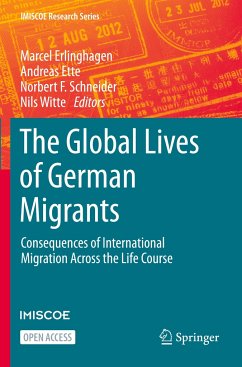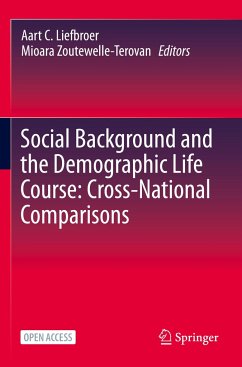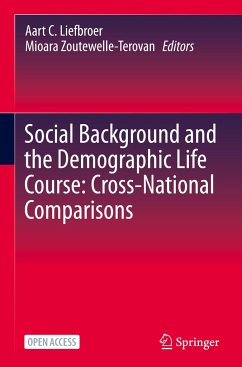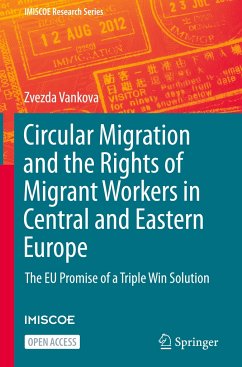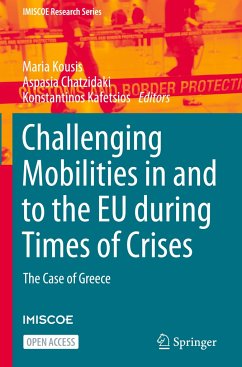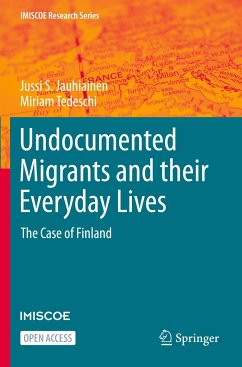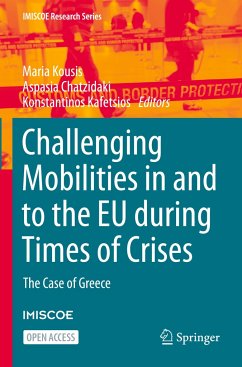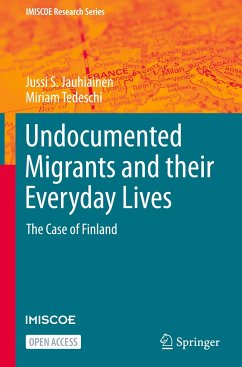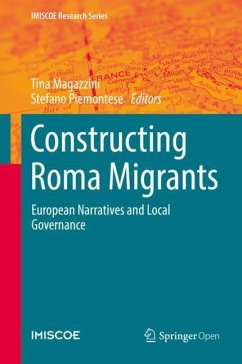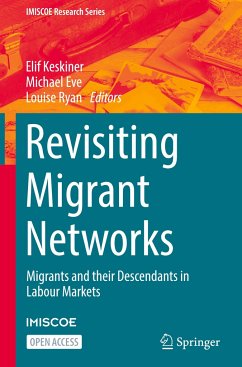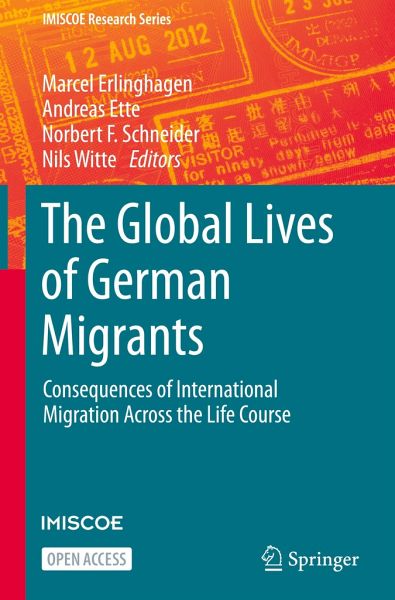
The Global Lives of German Migrants
Consequences of International Migration Across the Life Course
Herausgegeben: Erlinghagen, Marcel; Ette, Andreas; Schneider, Norbert F.; Witte, Nils
Versandkostenfrei!
Versandfertig in 6-10 Tagen
38,99 €
inkl. MwSt.

PAYBACK Punkte
19 °P sammeln!
Based on the German case, this open access book highlights the increasing flows of migration and the internationalisation of individual life courses. It analyses the experiences of migration across four central domains - employment and income, partners and families, health and wellbeing, as well as friends and social participation - which potentially have far-reaching consequences for social inequalities and life chances. The book showcases results from an innovative probability sample that is representative of German emigrants who recently moved abroad and remigrants who recently returned fro...
Based on the German case, this open access book highlights the increasing flows of migration and the internationalisation of individual life courses. It analyses the experiences of migration across four central domains - employment and income, partners and families, health and wellbeing, as well as friends and social participation - which potentially have far-reaching consequences for social inequalities and life chances. The book showcases results from an innovative probability sample that is representative of German emigrants who recently moved abroad and remigrants who recently returned from abroad and compares their international experiences with the sedentary population in Germany. Stays abroad, whether temporary or permanently, have become the new normal for increasing numbers of people from highly developed welfare states. Unnoticed from mainstream migration studies, these countries are today not only major immigration countries but also important sources of international mobility. By providing an empirically founded prism of the global lives of German migrants, this book is a valuable resource for students and researchers of migration, social inequality, and the life course and provides practitioners with insights into these regularly overlooked aspects of international migration.





